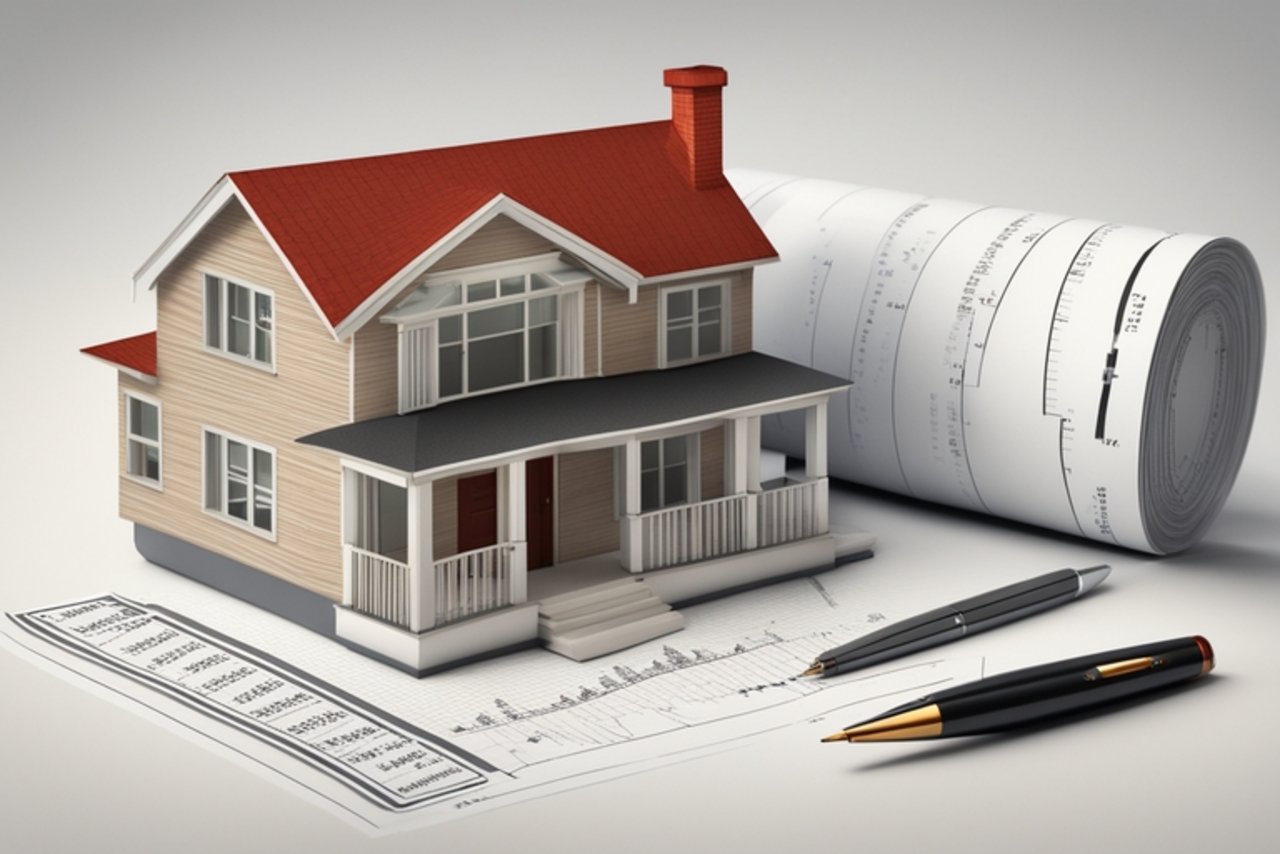
The building depreciation
Summary:
- Introduction to the subject of depreciation in real estate
- The calculation of depreciation
- Entitled for depreciation
- Beginning of depreciation
- Different types of depreciation
- Special regulations for historical monuments and renovation buildings
- Residual value depreciation for buildings in the old and new federal states
- Important tips for the tax return
- Conclusion: Make use of the advantages of depreciation
Introduction to the topic of depreciation for real estate
If you own real estate or are thinking about buying one, you should familiarize yourself with the concept of depreciation.
Why depreciation is important: Depreciation is significant because it allows property owners to reduce their tax burden.
The calculation of depreciation
Depreciation is calculated based on the cost of the property. Generally, straight-line depreciation of 2% per year is used.
Eligible for depreciation
Not everyone can apply for depreciation. Only certain groups of people are entitled to do so. These include the beneficial owner, conditional usufructuaries, leaseholders, builders on land owned by others, purchasers without consideration, and co-owners. Tenants and persons entitled to residential property may only depreciate in certain cases.
Start of depreciation
The timing for the start of depreciation depends on your role. If you are buying property, depreciation begins in the calendar year of acquisition. However, if you are the builder, depreciation begins in the year of completion. This timing is important because it marks beneficial ownership.
Different types of depreciation
There are different types of depreciation, including declining balance depreciation, straight-line depreciation, and depreciation for extraordinary wear and tear. The choice of method depends on various factors, such as the year of construction and the useful life of the property.
Special rules for historical monuments and renovated buildings
There are special regulations for historical monuments and buildings in redevelopment areas. These can allow for increased depreciation in the first few years, which promotes the preservation and renovation of historic buildings.
Residual value depreciation for buildings in the old and new federal states
Residual value depreciation is a special regulation that applies to certain buildings in the old federal states. It allows the residual value of a property to be depreciated over a longer period of time if increased depreciation has already been taken in the first eight years.
Important tips for the tax return
It is important to correctly report depreciation on your tax return. This blog post provides valuable tips on filing your tax return and how to take advantage of the tax benefits of depreciation.
Bottom line: take advantage of depreciation.
Depreciation on real estate is an important way to gain tax benefits and reduce your financial burden. If you own a property or plan to purchase one, you should familiarize yourself with the rules and methods of depreciation. This can help you minimize your tax burden and secure your financial future.

